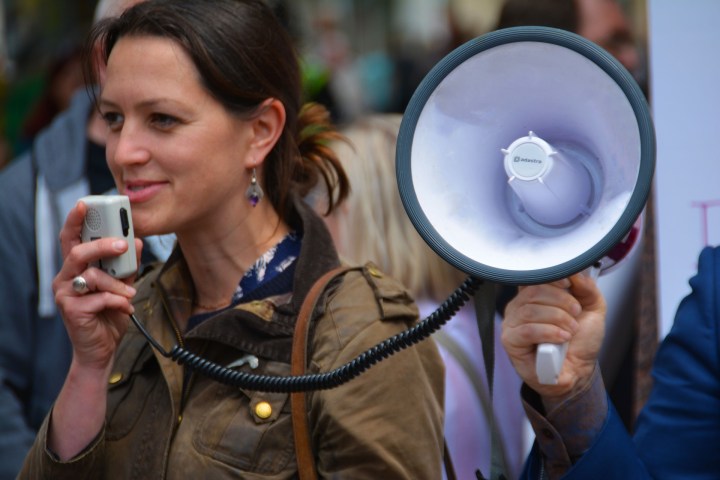
Pindrop presented its findings at the RSA security conference in San Francisco last week, where the firm demonstrated the existence of slight changes to the human voice’s speed and pitch over months and years. The changes are minute and wouldn’t be so obvious to our ears, but voice detection systems may be thrown off.
The researchers claimed that error rates in voice biometrics can double over a two-year period. As part of the research, principal research scientist Elie Khoury and the team studied Barack Obama’s daily addresses between 2009 and 2017 for changes in his speech patterns. They claim that his voice accuracy rating declined 23 percent over the eight years.
They further examined a two-year dataset of 122 different speakers, speaking English, French, German, Spanish, Dutch, and Italian. The team found that error rates typically doubled over the two years. They also found female voices aren’t prone to as much change as male voices. Of all the demographics, men over 60 experienced the most change in the voices.
Aging has been deemed the main cause of the changes. We use up to 100 muscles when we speak and all muscles become weaker as we get older. “[The] vocal cords and cartilages of the larynx also change as we age,” said Khoury. Emotions, health problems, and stress can also contribute to variations in speed and pitch that can reduce biometric accuracy.
There are a number of implications that these changes in our voices could have. Numerous forms of biometrics are often seen as replacements for traditional passwords. Voice biometrics is one of these and so if a system such as phone banking, for example, uses voice authentication, it may fail.
Pindrop’s researchers also carried out an eight-month survey on customers that use phone banking. They found that 48 percent of people only called the service once over the eight-month period. In theory, a voice authentication system may eventually fail to recognize these customers over time.
Terry Nelms, director of research at Pindrop, said these findings provided additional reasons for businesses and institutions to employ multi-factor authentication rather than relying on one biometric method.
Editors' Recommendations
- TiVo takes personalization to the next level with voice ID
- Alexa and Siri can’t understand the tone of your voice, but Oto can


